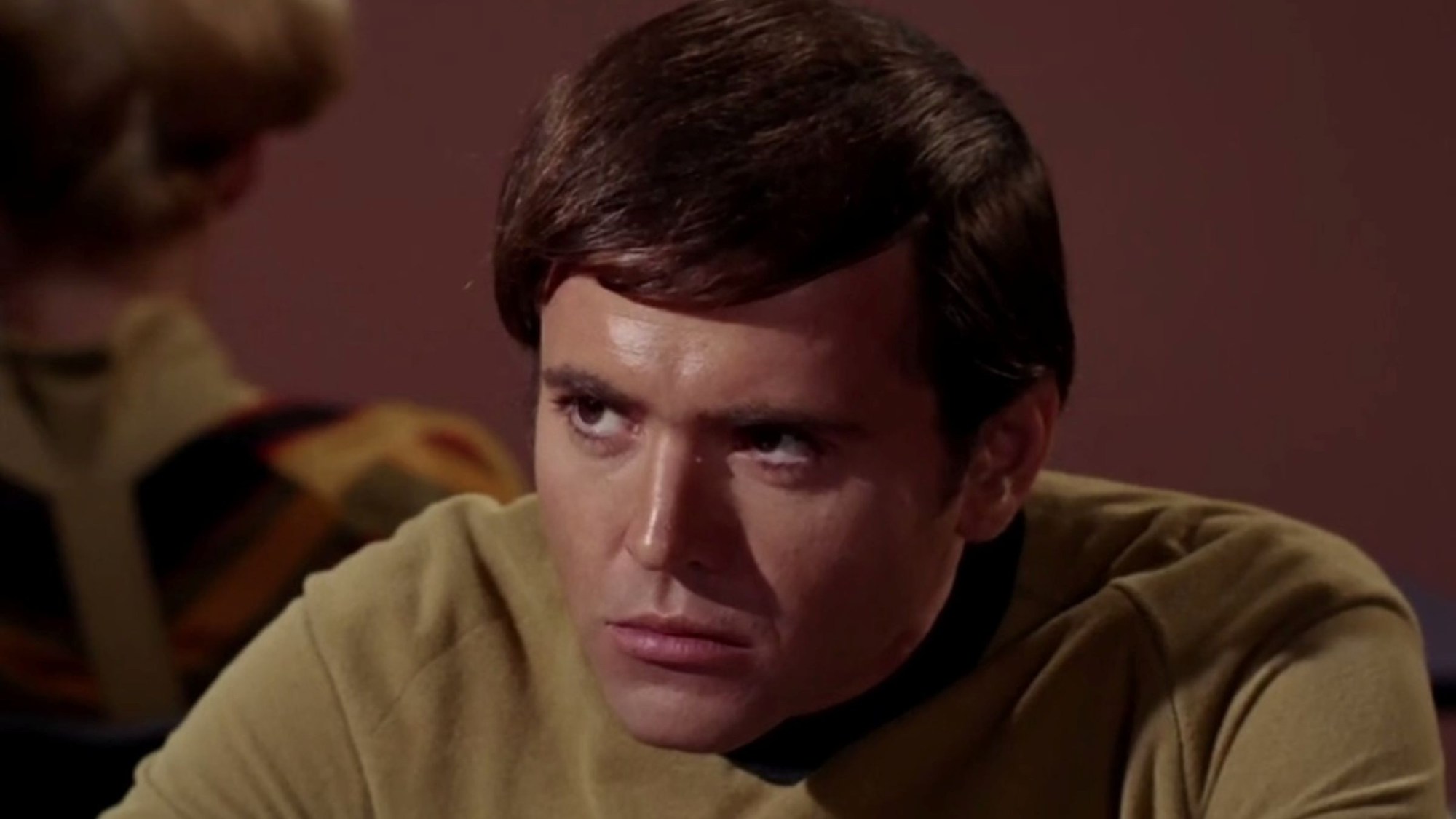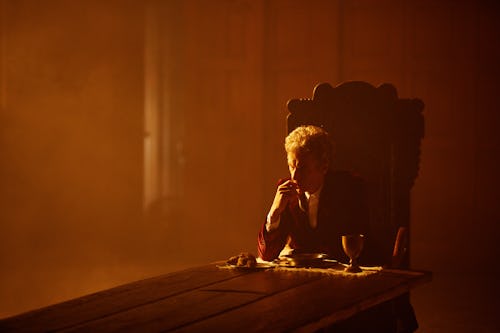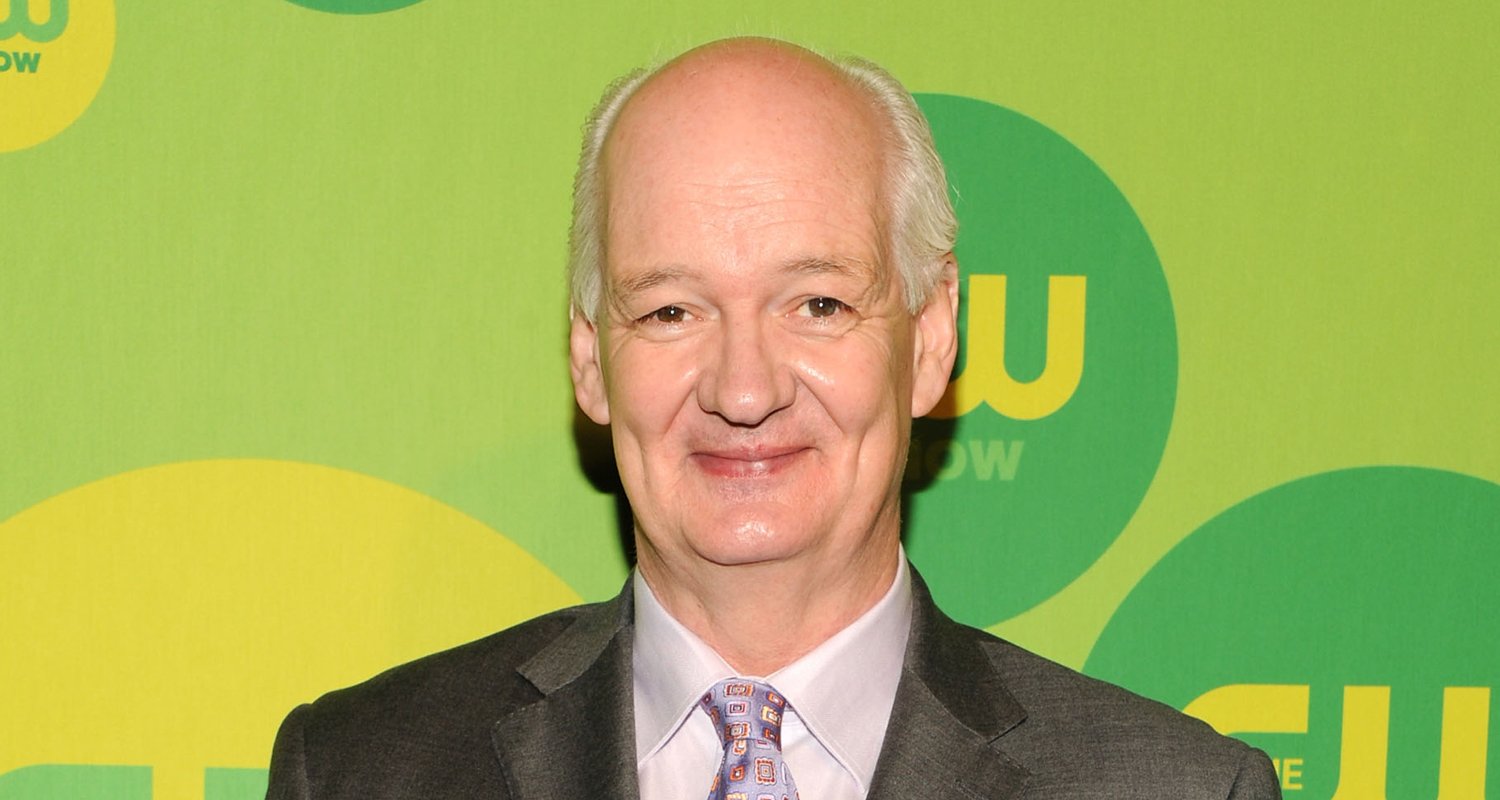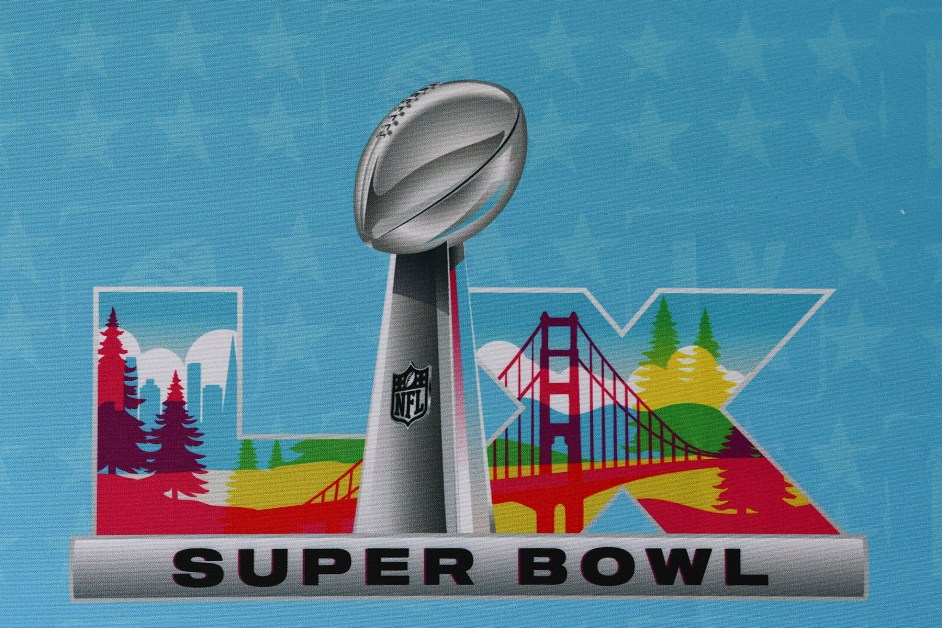When fans reflect on *Star Trek: The Original Series* (TOS), they often celebrate its innovative storytelling and iconic characters. Yet, not every character resonated positively with audiences. Some characters, particularly Lieutenant Marla McGivers, Ensign Pavel Chekov, and Lazarus, stand out as examples of where the series faltered. Their portrayals highlight the challenges of character development within the context of 1960s television.
Lieutenant Marla McGivers: A Missed Opportunity
In the acclaimed episode “Space Seed,” Lieutenant Marla McGivers, played by Madlyn Rhue, is introduced as the ship’s historian captivated by historical figures. While the episode itself is celebrated for introducing Khan Noonien Singh, McGivers’ character has faced criticism for its antiquated representation of women.
Her transformation from a knowledgeable historian to a romantic interest for the tyrant Khan is troubling. Critics argue that her fascination is depicted as a naive submission rather than a complex intellectual engagement. The series misses an opportunity to explore a more nuanced character grappling with the allure of power. Instead, McGivers’ portrayal is often cited as one of the more disappointing aspects of the series, reflecting outdated gender norms that many fans believe deserve reevaluation.
Ensign Pavel Chekov: The Stereotypical Comic Relief
Introduced in Season 2, Ensign Pavel Chekov, portrayed by Walter Koenig, was intended to inject youthful energy into the ensemble cast of the *Enterprise*. However, many fans view Chekov as emblematic of a Cold War stereotype. His character is characterized by a thick accent, exaggerated patriotism, and a running gag claiming that “everything was invented in Russia.”
While Chekov’s comedic elements were initially amusing, they quickly became repetitive and, for some viewers, irritating. His role often reduced him to a mere comic relief, lacking the depth and development found in other main characters. Episodes like “The Apple” and “Catspaw” saw him engage in limited actions, from screaming for help to flirting, which many felt diminished his potential within the crew’s dynamics.
Lazarus: A Confounding Presence
“The Alternative Factor” is frequently regarded as one of the more bizarre entries in TOS. The character Lazarus, played by Robert Brown, is depicted as a man caught between two realities, leading to a confusing narrative. His erratic behavior and incoherent dialogue make him difficult to engage with for viewers.
The episode attempts to delve into themes of identity and madness but ultimately becomes a muddled experience filled with disjointed scenes. Critics argue that Lazarus’ portrayal serves as a cautionary tale of overambitious storytelling that does not translate effectively to screen. The character’s chaotic nature has led to *“The Alternative Factor”* being labeled one of the worst episodes in the franchise.
While *Star Trek: The Original Series* has given fans some of the most beloved characters in science fiction history, it has also left a legacy of characters who failed to resonate. Lieutenant Marla McGivers, Ensign Pavel Chekov, and Lazarus exemplify the challenges of character development and cultural representation during the show’s original run. Their stories, while flawed, are a reminder of how far television storytelling has evolved.







